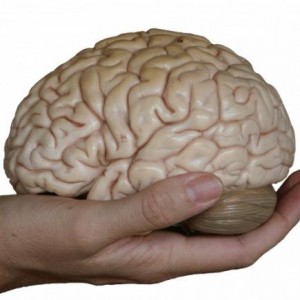New Zealand researchers studying the complex interplay of sex hormones, behaviour and the brain have found new evidence for the role of hormones in influencing typical male and female behavioural traits.
 University of Otago neurobiologists Associate Professor Ian McLennan and Dr Kyoko Koishi’s findings are published today in the prestigious journal PNAS (Proceedings of the National Academy of Sciences).
University of Otago neurobiologists Associate Professor Ian McLennan and Dr Kyoko Koishi’s findings are published today in the prestigious journal PNAS (Proceedings of the National Academy of Sciences).
They found that male mice lacking a hormone called MIS (Mullerian Inhibiting Substance) show subtle changes in brain anatomy and act more like female mice. However, they are still clearly male in their appearance and sexual behaviour.
Their non-reproductive behaviour, like the degree to which they explore a new environment, is more similar to that of typical female mice compared to males with normal hormone levels.
The researchers say their discovery has implications for scientists trying to understand gender-linked characteristics and diversity amongst the human male population.
To access a copy of the article, log into our Resource Library, or contact the Science Media Centre on (04) 499-5476 or smc@sciencemediacentre.co.nz
The SMC has asked scientists studying sexual differences, development and the brain to send us comments on the new research.
Dr Rob Hughes, Professor of Psychology at University of Canterbury:
“While the outcome of this research is interesting, it is a massive leap to relate this in any way to sex differences in humans. The presence or absence of MIS may indeed prove to be important but in evaluating any practical relevance, we still have to keep in mind that for most human behavioural traits, variability within sexes is greater than that between them. And to assume from their open-field activity that MIS deficient male mice were exhibiting less “exploratory behaviour” ignores the possibility of emotional reactivity (anxiety?) rather than exploration being the phenomenon that was measured. As the authors point out, much more work is needed before any significance for humans becomes apparent.”
Dr Cynthia Darlington, Associate Professor of Pharmacology at University of Otago, author of The Female Brain:
“Understanding the structural and functional differences between the brains of females and males is essential to understanding human behaviour in both health and disease. Although the different abilities of women and men have been recognized for thousands of year, only in the last 50 years has scientific research begun to uncover the bases of these differences. This new research adds to the growing knowledge of this exciting area of study.”